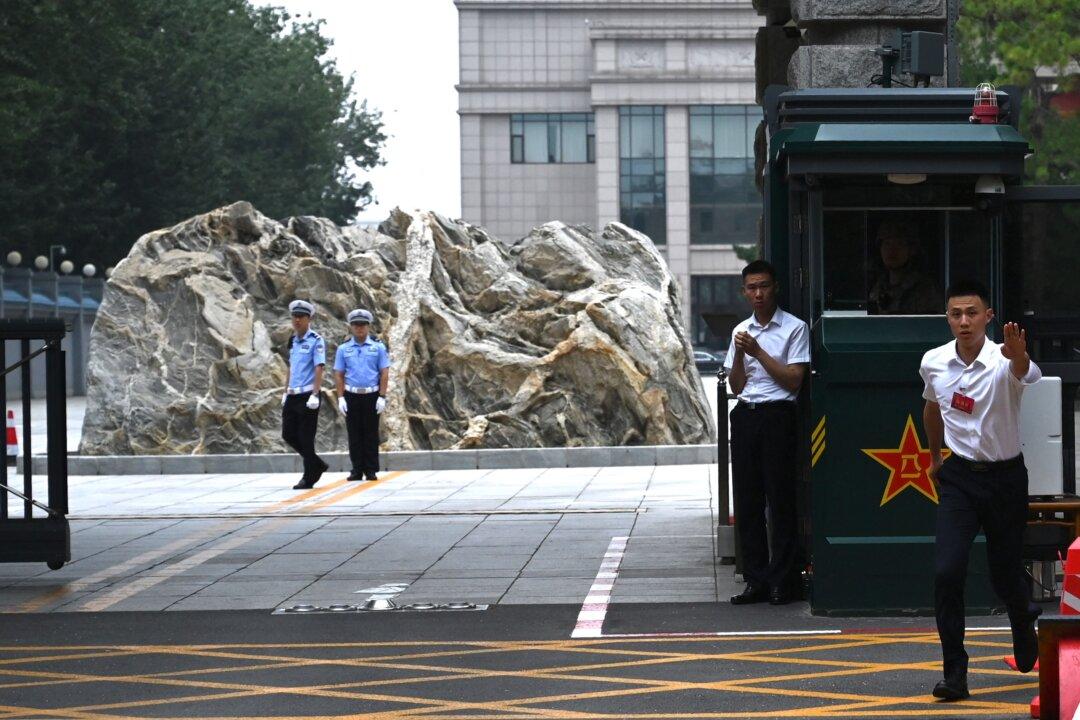News Analysis
The Chinese Communist Party (CCP) began a four-day political conclave—known as the Third Plenum—on July 15 to deliberate on economic policies to turn around China’s struggling economy.

The Chinese Communist Party (CCP) began a four-day political conclave—known as the Third Plenum—on July 15 to deliberate on economic policies to turn around China’s struggling economy.